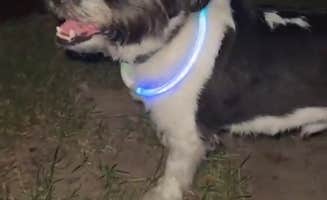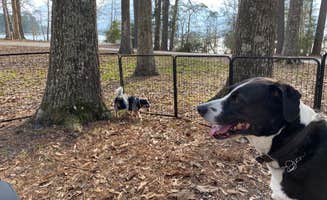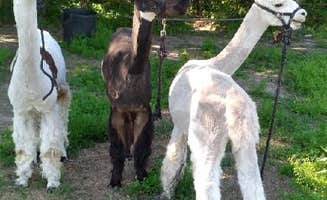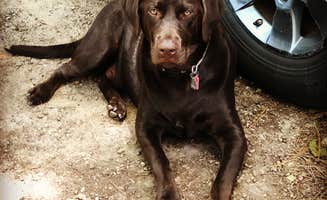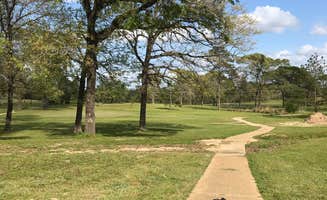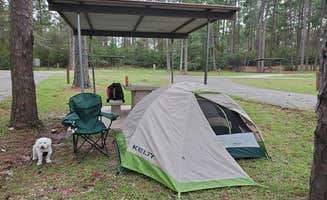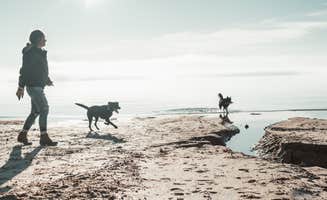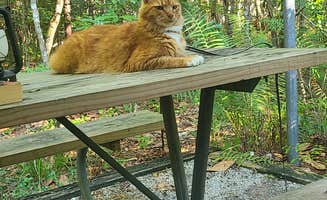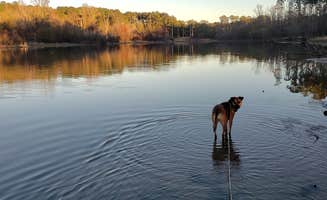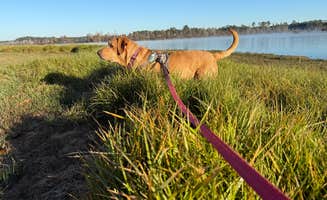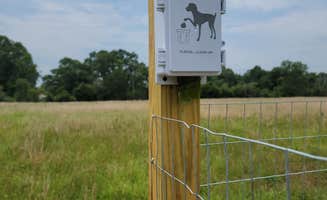Martin Dies, Jr. State Park Campground near Spurger offers camping in the Big Thicket region of East Texas, where pine forests meet swampy waterways at 170-190 feet elevation. The area experiences high humidity with summer temperatures often exceeding 90°F, creating ideal conditions for diverse wildlife but requiring campers to prepare for insects and heat, particularly during peak summer months.
What to do
Paddle the waterways: At Martin Dies, Jr. State Park Campground, kayaking and canoeing opportunities abound. "Great trails and kayaking in the slough!!! Beautiful SP!" notes reviewer Becca H. Water trails are mapped for boaters with rentals available.
Fishing for multiple species: B.A. Steinhagen Lake provides productive fishing opportunities. "The fishing was great and this State Park is one of those hidden gems. There was no crowd, it was like we had the whole place to ourselves," shares Chris S. The lake holds catfish, bass, and other species.
Wildlife observation: The area's ecosystem supports diverse animal viewing. "We saw several alligators in the lake," reports Robert E. from Sandy Creek. Deer, raccoons, armadillos and numerous bird species frequent the campgrounds, making wildlife spotting common even from campsites.
What campers like
Spacious campsites: At Magnolia Ridge, campers appreciate the generous site dimensions. "Very spacious and well kept. Will definitely stay here again," notes Larry R. Most campsites provide ample room for setup and activities.
Quiet, uncrowded atmosphere: The relative seclusion of these camping areas creates peaceful conditions. "This is a great camp site for quiet peaceful camping!" says Meagan T. about Sandy Creek. Even during busier periods, the campgrounds maintain a tranquil environment.
Natural shade coverage: The mature pine and hardwood forests provide natural cooling. "We tented here on a rainy weekend unfortunately. It was a nice site right near the water, and we saw a lot of wildlife," shares Sierra K. The tree canopy offers protection from both sun and light rain.
What you should know
Weather preparedness: The region's climate demands proper planning. "It's August in Texas so it was hot and the mosquitos were in full force. We knew that was coming so we were prepared," explains Chris S. Bug spray, citronella, and cooling equipment are essential, particularly from May through September.
Distance to supplies: Stock up before arrival as nearby towns are limited. "The closest town with supplies is Jasper, approximately 30 minutes away," according to reports. Sandy Creek - Town Bluff Reservoir campers note that planning ahead is necessary: "Can't beat the price compared to the State Park that's the next door neighbor to this park," says Jeff N.
Facility conditions: While clean, some facilities show their age. "The bathhouse was clean but very dated and in need of remodeling," reports Robert E. Most campgrounds maintain functional facilities despite needing updates.
Tips for camping with families
Kid-friendly water access: The lake areas provide safe spaces for supervised water activities. "Our granddaughter loved the playground. There are water and electrical hookups at each site, but no sewer," shares Chelsae K. about Sandy Creek.
Evening wildlife viewing: Nighttime offers unique nature experiences. "The deer walked by every night and the fireflies put on a show," reports Chris S. These natural occurrences create memorable experiences for children.
Program participation: Seasonal ranger-led activities enhance educational value. "There are programs available for children as well," mentions Vanessa M. These structured activities help families connect with the natural environment.
Tips from RVers
Site selection strategy: Choose carefully based on your specific needs. "Site 301 is pull through with plenty of room for 5Th wheel. Near water and kayak launch," advises Bonnie B. about Village Creek State Park Campground.
Leveling preparation: Terrain varies across campgrounds. "Bring lots of leveling blocks," recommends Brian C. Many sites require adjustment for proper leveling, particularly after heavy rains.
Hookup limitations: Be aware of utility restrictions. "There are water and electrical hookups at each site, but no sewer," notes Chelsae K. Most campgrounds offer dump stations as alternatives to sewer hookups.


